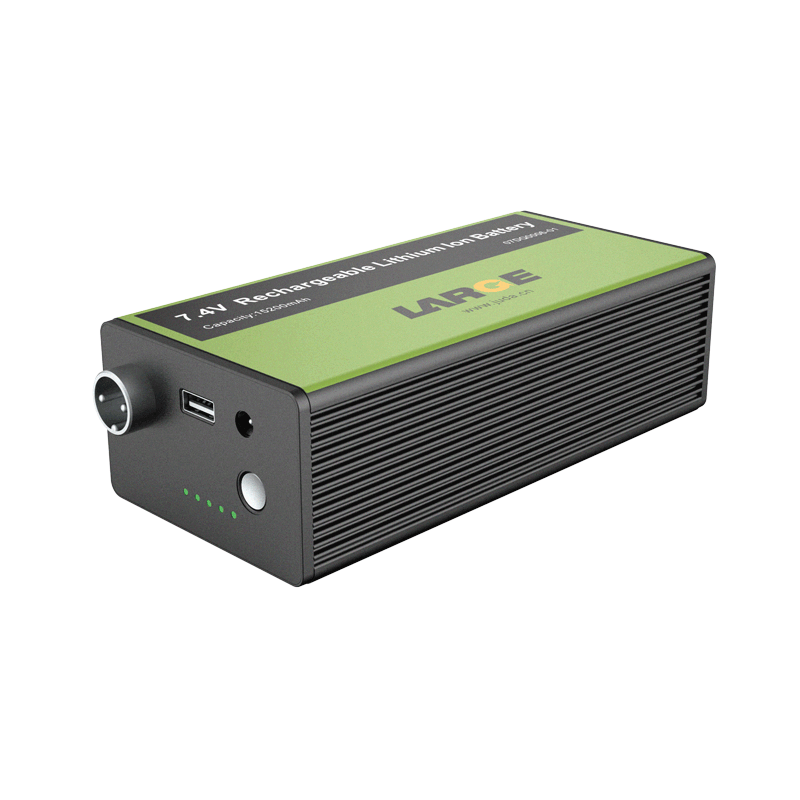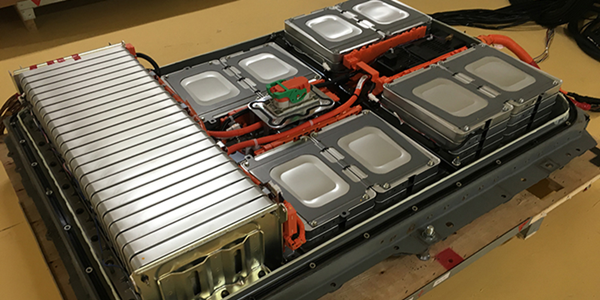Storing Lithium-ion Batteries Safely
Oct 26, 2019 Pageview:832
A lithium-ion battery, also known with the name of Li-ion battery is commonly found in consumer applications, for instance, smartphones, computers, etc. It is a type of rechargeable battery that has gained huge popularity on the market thanks to its several advantages it owns. Amazingly, its usage isn’t limited to electric vehicles and portable electronics, and the battery is making a great impact onspecial and military applications too.
You can store the lithium-ion batteries when not used or installed in an application, for a certain period of time, without irretrievable harm. If the lithium-ion batteries are stored in either too cold or too hot conditions, they may not be able to renew when needed. If the lithium-ion battery you’re using is fully charged but doesn’t last as long as it supposed to be, something is definitely wrong with it.
You won’t be able to fix your battery once oxidation or corrosion has occurred internally in your battery. Moreover, these batteries can cause reactions, the release of volatile gas, thermal runaway, fire or explosions. If you would like to avoid these annoying consequences, then you’ve come to the right page. Here, you’ll get to know about the safe storage of your lithium-ion battery to extend its lifespan.
Safe Handling of Lithium-ion Battery
If you want to ensure the longevity of your lithium-ion battery, then it is recommended to follow the below safe handling tips-
· Don’t leave the battery where the temperature may rise
Don’t ever leave your lithium-ion battery on the dashboard of a car or any location where it is exposed to the direct sunlight/high temperatures, for instance, a car parked in the sun. if you do so, then it could cause the leakage of the battery.
· Don’t leave the battery near a heat source
Don’t ever leave your lithium-ion battery near a heat source, for instance, a heater. If you do so, then it may cause overheating, fire or explosion.
· Read the instruction manual carefully
Make sure to read the instruction manual of the application and any warning signs before you use a lithium-ion battery.
· Don’t get the battery wet
Don’t split water, juice, saltwater, or any other kind of fluid on your lithium-ion battery. If you do so, then it may result in breaking the protection circuit of the battery. As a result, it could result in the battery being charged with a nonstandard voltage or current and cause overheating, fire or explosion.
· Make sure to recharge the battery with the quality battery charger & AC adapter
You should use the battery charger and AC adapter specially designed for the lithium-ion battery. Using other battery chargers and AC adapters can cause overheating, fire or explosion.
· Connect the battery in the charger and other devices properly
A lithium-ion battery features a specified orientation of negative and positive terminals. Don’t push the battery into a charger or application if it doesn’t fit.
· Don’t directly connect the battery to an electric power outlet
Don’t directly connect the battery to an electric power outlet without using a battery charger. If you do so, then it could result in electric shock.
There are some safe handling tips for lithium-ion batteries. Keeping these things in mind will surely help you to maintain the lifespan of your battery.
Safe Storage of Lithium-ion Battery
When it comes to the safe storage of the lithium-ion battery, make sure to keep the following things in your mind -
· Storage temperature
The recommended storage temperature range for the lithium-ion battery is -20°C to 60°C. However, in the case of the prolonged storage period, go for -20°C to 25°C and 15°C is perfect.
· Make sure that the battery isn’t empty
Battery should be stored with a partial charge and the recommended partial change for the lithium-ion battery is 30%-50%. Even though the battery can be stored fully-discharged, the battery voltage shouldn’t drop below 2.0 volts per cell.
· Store the battery in a dry and cool place
Avoid storing your lithium-ion battery in the bathroom, basement or other regions of your home that are or may become wet. Don’t store the battery near the combustible and flammable materials. Moreover, store the depleted cells in a place separate from the fresh ones.
· Refrigerate the battery if you don’t have any other place to keep it
It is recommended to refrigerate the lithium-ion battery if you can’t find any other place that is temperature-controlled. Make sure to use the fridge part only, not the freezer as it can become extremely cold.
Keep these things in mind when it comes to storing a lithium-ion battery in a safe way.
Safe Disposal of Lithium-ion Battery
While you can throw non-rechargeable batteries in the trash, it is recommended to keep lithium-ion batteries out. The reason behind this is that these batteries composed of toxic materials that are extremely hazardous to your health and environment if left in a landfill. When you would like to dispose of your lithium-ion batteries, you have to take them to a reliable and trusted recycle center.
Properly disposed of the damaged battery is necessary and the best thing to do is to take your battery to a recycling center. Lithium-ion batteries can be recycled, but not in the regular blue recycling bin. The elements or contents that these batteries include are less toxic than most other types of batteries, which makes it easy to recycle. However, lithium is extremely a reactive element.
Moreover, these batteries feature a flammable electrolyte & pressurized contents that could cause flames. The best way to recycle your lithium-ion battery is to take your battery to a recycling center. They know how to properly recycle batteries of all sizes and shapes while doing what’s right for our environment.
That’s all on the safe handling, storage, and disposal of the lithium-ion batteries. Working with the battery is dangerous. So, make sure to follow the safety tips discussed here.
- Prev Article: LiPo Battery Specification Guide
- Next Article: Polymer Electrolyte Lithium Ion Battery
Leave Message
Hottest Categories
-
Hottest Industry News
-
Latest Industry News











